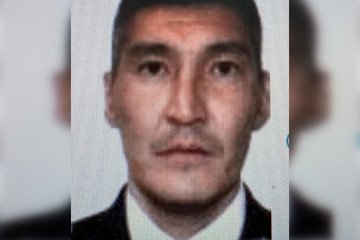- Category
- Latest news
Dutch Intelligence Reveals Russia's Large-Scale Use of Banned Chemical Weapons in Ukraine
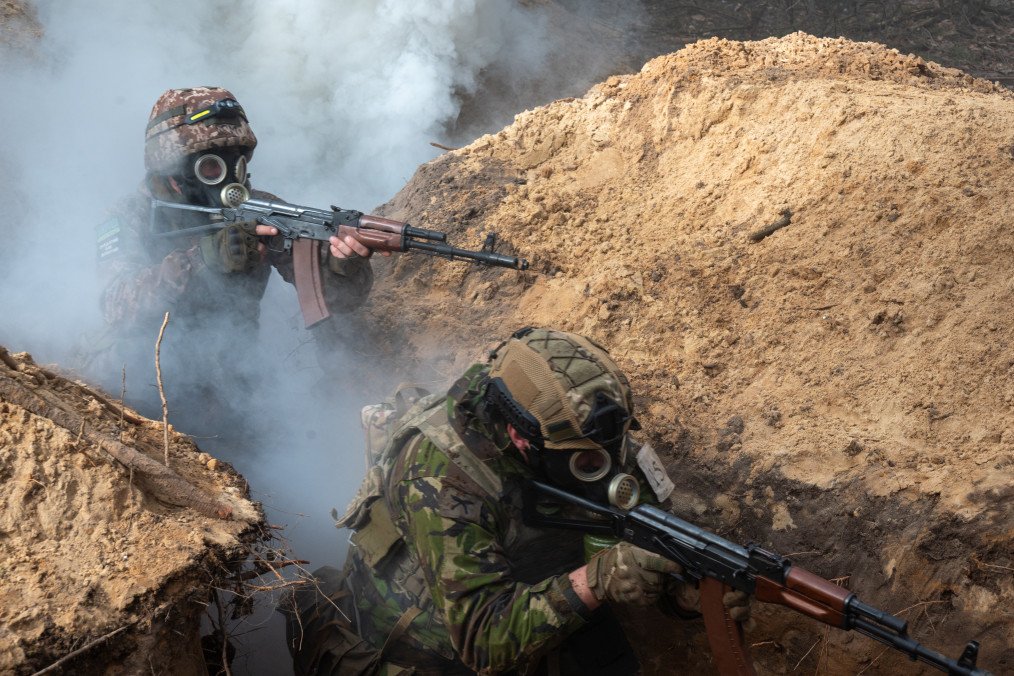
Dutch intelligence has uncovered large-scale use of banned chemical weapons by Russia in its war against Ukraine, marking a dangerous escalation in Moscow’s battlefield tactics, Reuters reported on July 4.
Dutch Defense Minister Ruben Brekelmans confirmed that national intelligence services have verified Russia’s increasing reliance on chemical agents. He urged stronger international sanctions and called for Russia’s exclusion from global institutions like the Organisation for the Prohibition of Chemical Weapon (OPCW) Executive Council.
“This intensification is concerning because it is part of a trend we have been observing for several years now, where Russia's use of chemical weapons in this war is becoming more normalized, standardized, and widespread,” Brekelmans said.
According to Dutch military intelligence chief Pieter Reesink, the findings are based on independent Dutch intelligence and international cooperation. He warned that the trend is not limited to isolated battlefield incidents but part of a coordinated program.
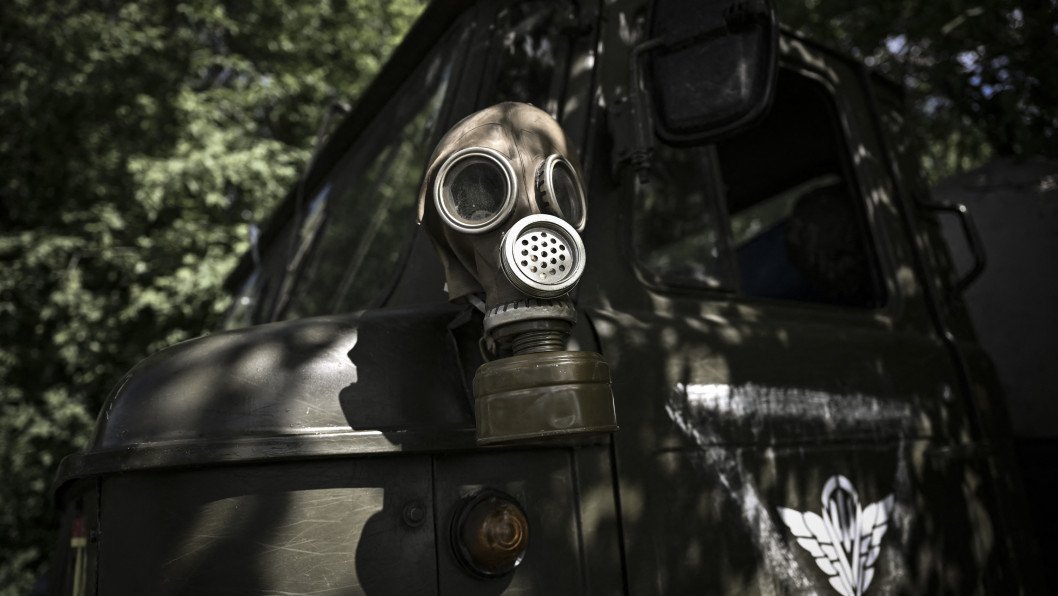
Meanwhile, the Defense Ministert noted that at least three Ukrainians have died as a result of chemical weapons use, while over 2,500 wounded on the battlefield have reported symptoms consistent with chemical exposure to Ukrainian medical authorities.
Reesink, in turn, spoke of “thousands of incidents” involving chemical weapons, citing Ukrainian data indicating 9,000 such cases.
“This isn't just some ad-hoc tinkering at the frontline; it is truly part of a large-scale program,” Reesink added. “that is, of course, also concerning because if we don't clarify and publicize what Russia is doing, it's highly likely these trends will continue.”
He also cited signs of intensified research and production of chemical agents within Russia, including efforts to recruit scientists for weapons development.
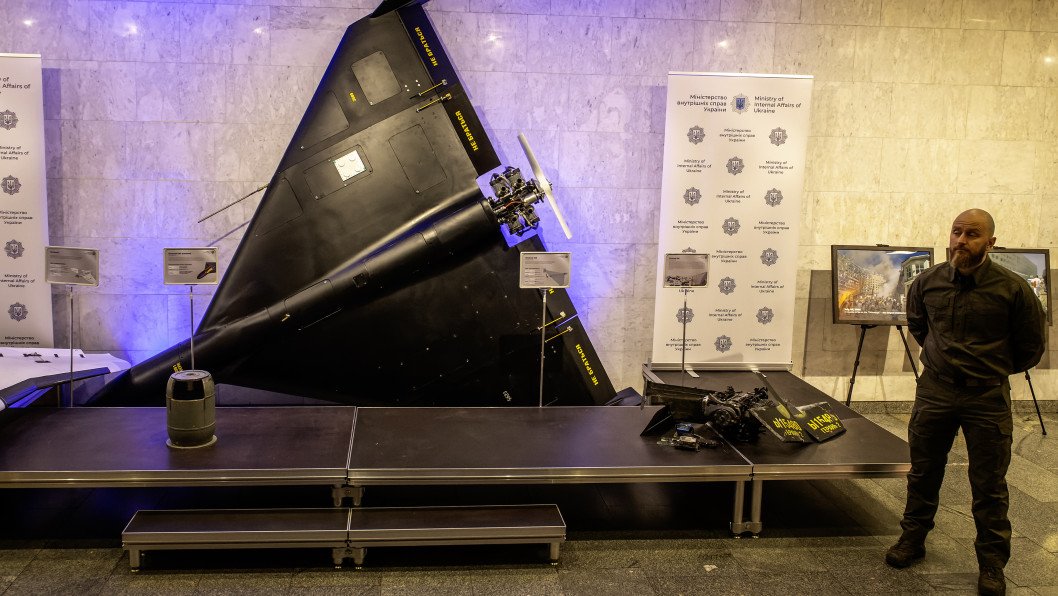
“We specifically linked the use of chloropicrin to improvised munitions, such as filled light bulbs and empty bottles that are hung from a drone. When it comes to teargas, we see that they are also misusing and converting existing munitions to act as the carrier for the gas," he said.
Chloropicrin is listed among the banned choking agents by the OPCW, the organization established to implement and monitor compliance with the 1997 Chemical Weapons Convention.
It can cause severe irritation to the skin, eyes, and respiratory system. Ingestion may lead to burns in the mouth and stomach, nausea, vomiting, and breathing difficulties.
Earlier, experts from the OPCW confirmed that Russian forces are using grenades containing banned chemical agents in their war against Ukraine.
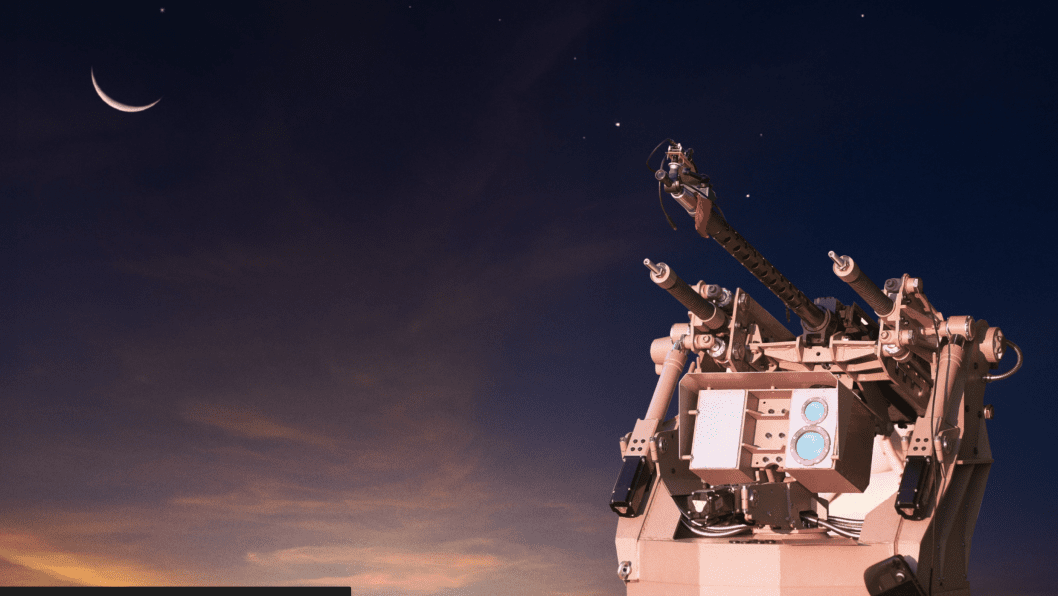

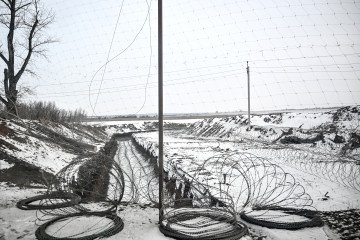

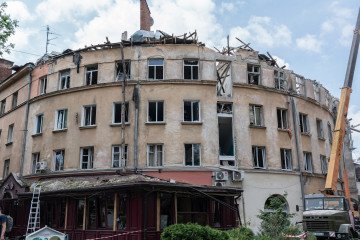
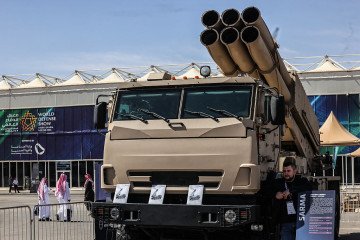
-72b63a4e0c8c475ad81fe3eed3f63729.jpeg)
